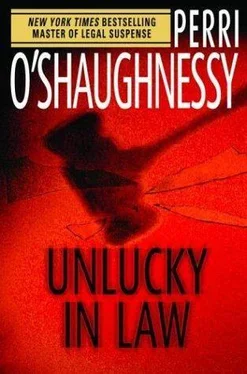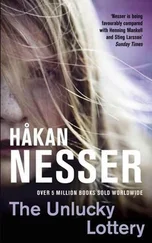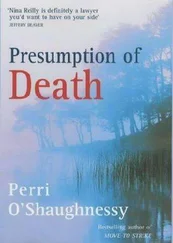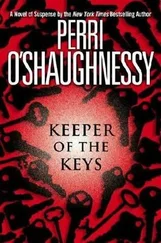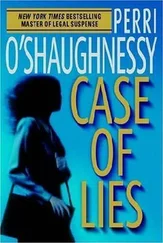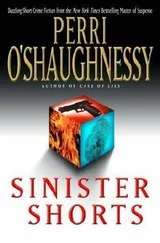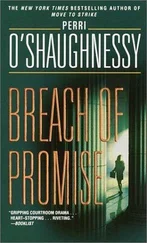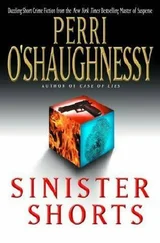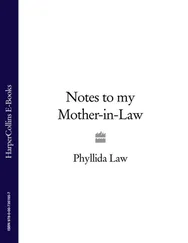“My name is Alexis Constantinovich Zhukovsky,” he said, swearing to tell the truth. He mounted a step and entered a lower, smaller box attached to the judge’s dais and turned around to the roomful of faces. He looked toward the prosecutor. The questioning began.
Sitting, not standing, the D.A., asked him a series of simple questions about his work. Alex Zhukovsky responded, sounding stiff to Nina. “I am an instructor in Russian language and history at Cal State Monterey,” he said. “I also teach other courses. I’ve been there for the past six years.” He told the court he liked his job, and was brother to the victim in this case, Christina Zhukovsky, and son to the man whose bones had been disinterred.
“My father was named Constantin Nicholaevich Zhukovsky. Our mother, Davida Zhukovsky, died in a car crash when we were young. My sister was eleven. I was only seven.”
For a while Jaime’s questions were simple, and Zhukovsky, required to explain very little, answered yes or no. Then Jaime began asking Zhukovsky about Christina, her life and work.
“How can you reduce a person’s life to a few sentences?” Zhukovsky complained. “She had many facets.”
He told the court about her work at the university. “Her last job was working at Cal State Monterey in the Romance Languages Department as the Public Affairs Officer. She helped with organizing the conference, and was very involved in all aspects of it. It was one of the largest and most successful conferences held at the college so far. People came from all over the world to attend.”
Sandoval gave him a photograph of Christina and, shaking, Zhukovsky studied his sister’s image. In this picture, which Nina also studied, Christina, wearing a neat designer suit, smiled proudly, intelligently. Her face wore hope, ambition, and all the glorious things a human face, a living face could hold, when born to optimism. Holding the photograph, Nina felt sad that nobody would ever see her again as she had undoubtedly been, with shiny brown hair and a shy way of looking up at an observer. Nina would bet she used the weak glasses to disguise a driven nature.
“I can’t believe she’s gone,” her brother told the D.A. His voice quivering, he gave the pictures back with a shaky hand. Looking sympathetic, Sandoval gave his witness a minute to get composed, obviously loving this show of emotion and milking it. He wanted the jury to feel for this nice woman with a public conscience, Nina realized. Christina was just like any other friend, family member, or coworker they might call to mind. People could identify with her. She was nobody, just like them.
Except that she had been murdered.
Wasn’t this what the psychologists called cognitive dissonance? Christina Zhukovsky was nobody! She appeared so small in the picture, insignificant, and yet she loomed so very, very big in this courtroom. If Nina had known her as her brother did, would she like her as a woman or pity her as a victim?
While the D.A. returned the photo to a file, Alex grabbed for the carafe of water in front of him, poured, and drank. “Yes, I went to the police station.” He had been shown his father’s body first, what remained of it. He described what he saw, the skull, the eyebrows, the silver hair lying in strings over a dark serge suit. Bones, loosely assembled. Fine shreds of his white collar, tatters that had once been sleeves. Bits of a sash across his chest, bearing the distinctive three black strips on a yellow background, which Zhukovsky said he well remembered. But the medal of Saint George? It was gone by the time he saw his father’s body.
All this he confirmed, remembering, wiping wetness from his brow. Maybe he was having a heart attack, Nina thought.
Stefan hardly blinked at Alex Zhukovsky’s testimony, even though several of the jurors appeared squeamish at many of the details. What a self-absorbed, overgrown adolescent he must be, thinking this was easy money, Nina thought along with them. Only a fool would have agreed to do that job in the first place.
Holding up the appraisal, Jaime Sandoval started on the medal. Alex acknowledged the facts. The appraiser had assigned a value of at least five thousand dollars. He had discovered the medal was created of precious materials and seemed to be the correct age for an original, first-class war medal. He suggested it might have been privately commissioned as a memento or honorarium by someone of wealth for a courageous member of his staff or family.
The D.A. showed Zhukovsky a photo of the familiar white embellished cross with the blue stone at its center, and the tiny image of Saint George slaying the dragon. Zhukovsky barely looked. “My sister and I saw it many times in my father’s study when we were growing up. We thought it was a toy, a replica. We had no idea how he came to own such a thing. As far as I know, he never fought in a war.”
The medal and appraisal were introduced into evidence. The prosecutor had to explain why Stefan would steal Alex’s father’s body after killing his sister, and the medal seemed to be the only motivation he could come up with.
Yes, Zhukovsky reported, after identifying the other body in the grave as his sister’s, he had been taken to Natividad Hospital in the early morning hours of Sunday, April 13. He let loose with indubitable facts: his sister’s eyes bulged. Her tongue stuck out of her mouth. Her neck had blue marks. He had fainted and his head had hit the steel wheel of a cart, and had required stitches.
He was shown photos of his sister’s dead body. “That is my sister, Christina,” he said, only his voice betraying hints of his extreme dismay.
Nina watched as Alex wiped his forehead again. Were this witness’s reactions entirely within the realm of normal for a grieving brother? Naturally, these very personal, gruesome images were upsetting.
Zhukovsky went on. “I gave the key to my sister’s apartment to a woman detective because I couldn’t accompany the police to her apartment. I-couldn’t.”
The judge called a recess.
Klaus had barely moved throughout Zhukovsky’s testimony. His face showed nothing of his thoughts, but Nina felt his scrutiny of this witness as rigorous, piercing.
Questioning resumed. Jaime Sandoval wanted to know about Christina’s last days. Zhukovsky told some things about the conference, about her mood. He identified personal items of hers-her appointment book, her purse. He told them he missed his older sister.
The D.A. finally stood. He buttoned his coat, preparing himself. Nina could see how Jaime wanted to signify this moment, the heart of Alex’s testimony. Alex swallowed as if preparing to live up to the prosecutor’s hopes.
“Do you know Mr. Wyatt, the defendant over there?” Jaime asked.
Rustling and muttering burst forth from Stefan’s table. Stefan wanted to speak, but Klaus put a hand on his arm, stopping him.
“No.”
“Did your sister ever mention the names Stef Wyatt or Stefan Wyatt to you?”
“No.”
“You didn’t hire the defendant to dig up your father’s grave?”
“No, sir.”
“Did you pay him the sum of five hundred dollars in cash at any time for any purpose?”
“No, sir.”
Nina let her breath out. He had stuck to his story.
Before the trial, when they went over Zhukovsky’s statements, Jaime Sandoval had seemed certain Stefan Wyatt was responsible for killing Christina Zhukovsky. Now her brother had given the jury no reason to believe otherwise.
“Did you have any reason to wish her dead?” Jaime asked.
“My own sister? Of course not,” Alex said.
After the break, Paul stood at the counsel table. “You have plenty to attack him with,” he said. “Blow him off the stand.”
She put her lips together and blew toward the witness box. “Shoot,” she whispered. “He’s still there.”
Читать дальше
